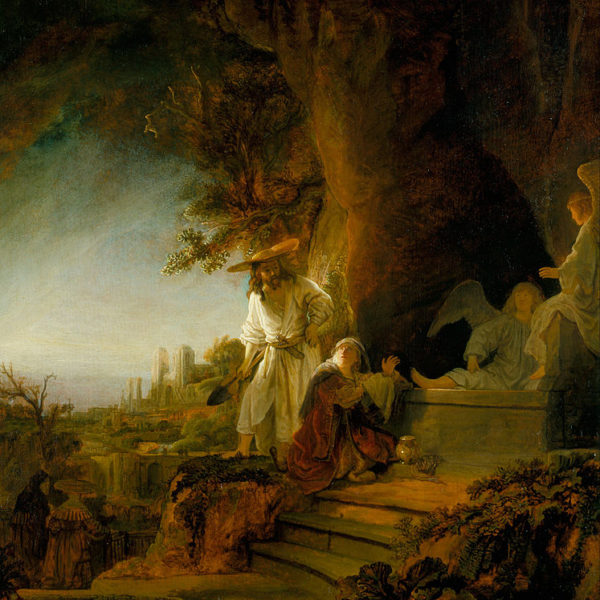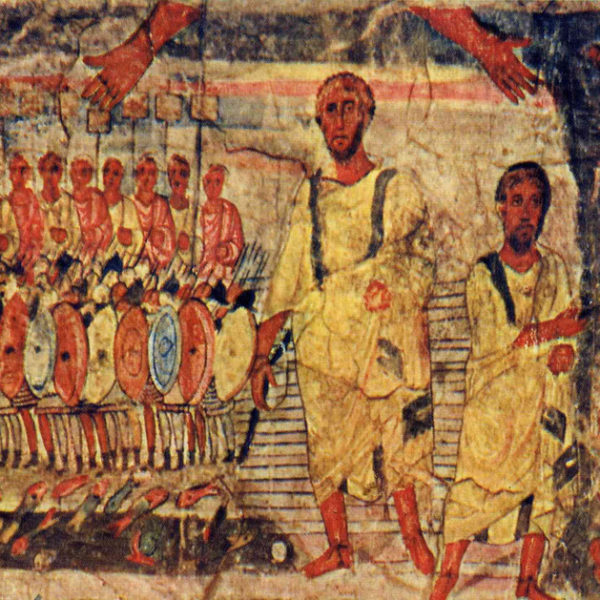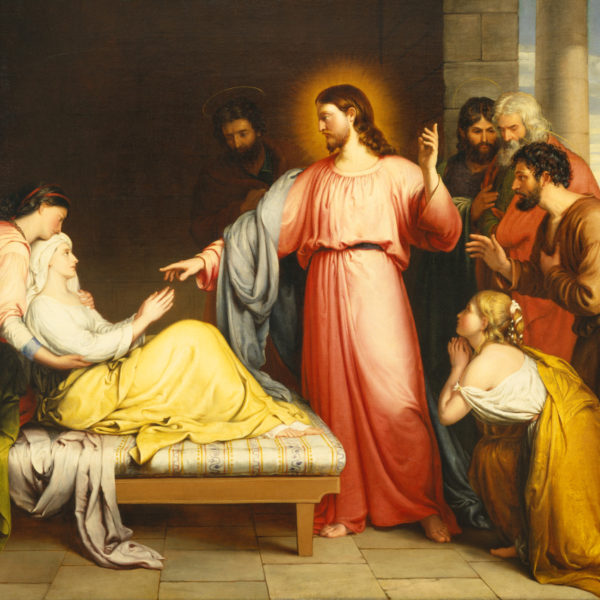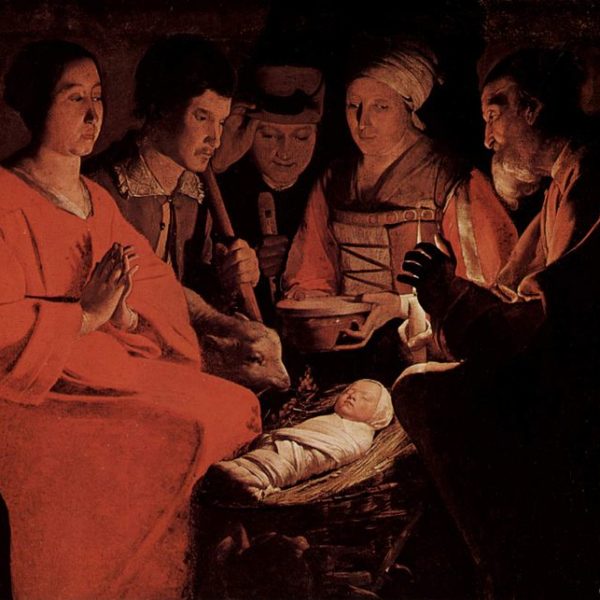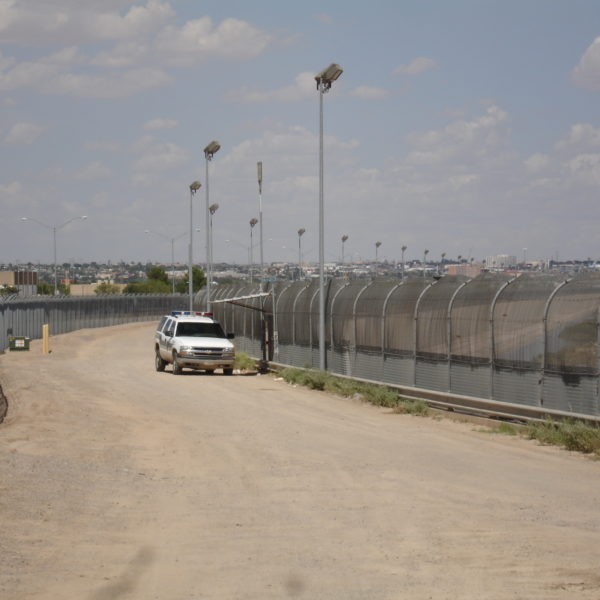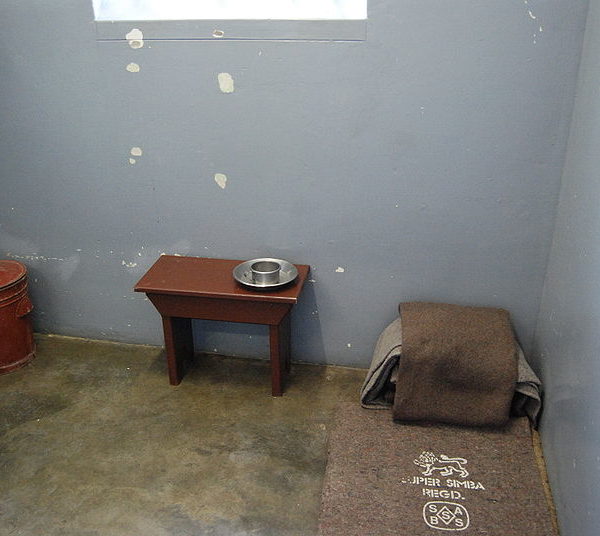
Within many criminal justice systems, deterrence is a significant element of the rationale of imprisonment. However, Paul’s letter to the Philippians reveals the emboldening power of imprisonment for faithful witness. The example set by courageous leaders who will risk imprisonment for the sake of truth and justice continues to have great power, even within our contemporary situation.
